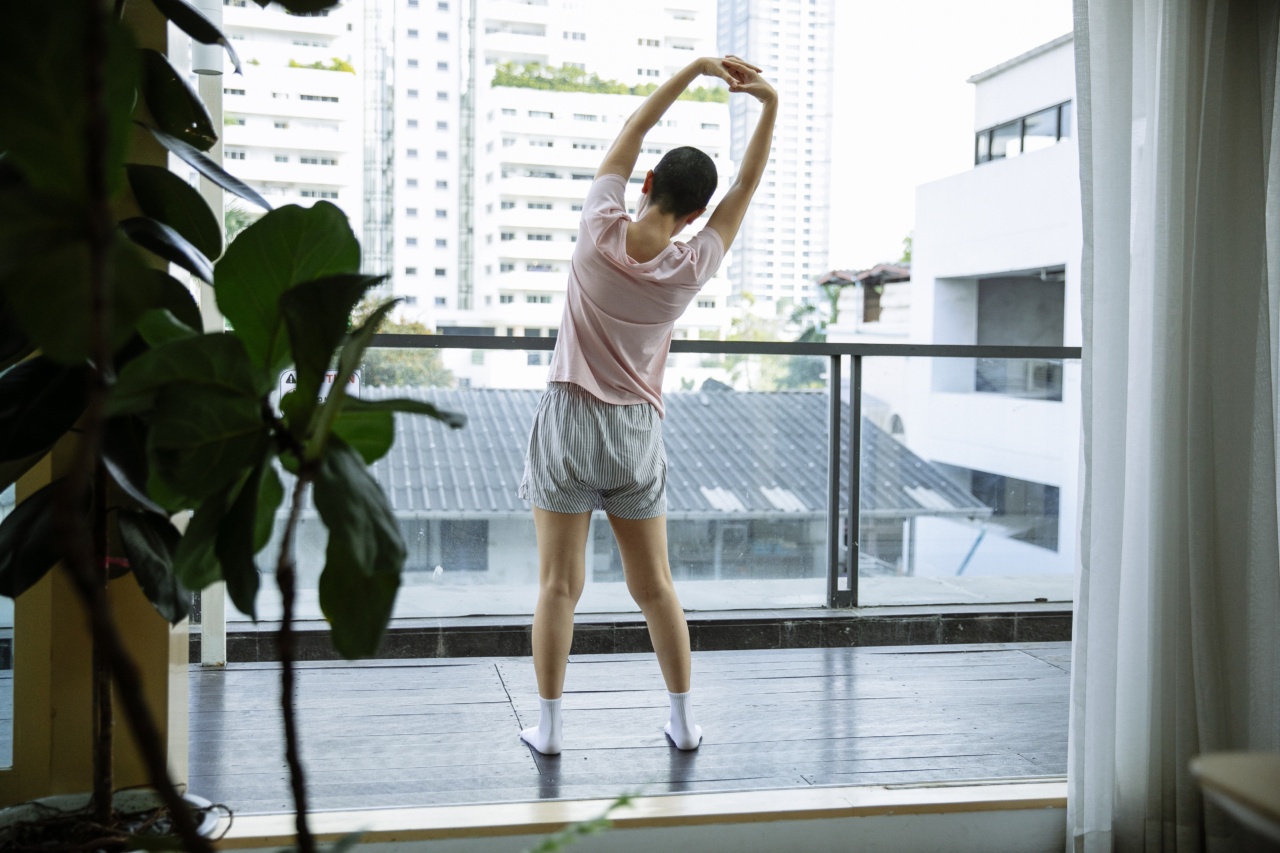Insomnia is a common condition that affects many people today. It is characterized by difficulty in falling asleep, staying asleep or waking up too early in the morning.
The disorder can cause fatigue, cognitive problems, irritability and reduced performance during the day. There are many potential causes of insomnia, including anxiety, depression, medications, lifestyle factors, and other medical conditions.
While there are treatments available, such as medication and cognitive-behavioural therapy, many patients are looking for alternative ways to improve their sleep. The potential health benefits of regular exercise have led researchers to investigate whether it can help reduce insomnia.
What is Insomnia?
Insomnia is a sleep disorder that is defined as the difficulty in falling asleep, staying asleep or waking up too early. It can negatively impact an individual’s cognitive, physical and emotional functioning.
Insomnia can be classified into three types:.
- Transient insomnia: Lasts for a few days often caused by stress or life events.
- Short-term insomnia: Lasts from a few days to a few weeks, usually caused by jet lag or work-related stress.
- Chronic insomnia: Lasts more than three weeks and can be a symptom of an underlying health condition.
What is Exercise?
Exercise is physical activity that is planned, structured and repetitive for the purpose of improving or maintaining physical fitness, reducing illness or stress, or enhancing mental wellbeing.
Exercise includes various activities such as walking, running, swimming, cycling and strength training.
How Exercise Can Improve Sleep
Research has shown that regular exercise can improve sleep quality and reduce the symptoms of insomnia. Exercise has both immediate and long-term effects on sleep.
Right after exercising, the body’s temperature rises, and this increase in temperature can help initiate sleep. As the body cools down, it signals the brain to release chemicals that promote relaxation and sleep. Additionally, exercise can help reduce stress and anxiety, which are common causes of insomnia.
To experience the long-term effects of exercise on sleep, it is essential to make exercise a habit and be consistent with it.
Research Studies on Effects of Exercise
Several studies have investigated the effects of exercise on sleep, specifically in reducing insomnia symptoms.
One study published in the Journal of Clinical Sleep Medicine found that moderate-intensity exercise was associated with a significant improvement in sleep quality in patients with chronic insomnia. The patients who exercised reported reduced sleep latency, increased total sleep time, and increased sleep efficiency compared to those who did not exercise.
Another study published in the Journal of Sleep Research discovered that engaging in regular physical activity was associated with a lower prevalence of insomnia. The study revealed that participants who exercised regularly had better sleep quality and less daytime sleepiness compared to sedentary individuals.
How Much Exercise is Needed to Reduce Insomnia?
When it comes to using exercise to reduce insomnia, it’s essential to know how much exercise is needed to reap the benefits.
According to the American Sleep Association, 30 minutes of moderate aerobic exercise, such as walking, three to four times a week can help improve sleep quality. However, it’s best to consult with a healthcare provider before starting any new exercise regimen. Additionally, it’s essential to have realistic expectations when it comes to exercising to reduce insomnia.
It may take several weeks or even months to experience significant improvements in sleep quality.
When to Avoid Exercise for Insomnia?
While exercise can help improve sleep quality, it’s not always recommended for all individuals with insomnia. Some conditions that can impact sleep such as sleep apnea, restless leg syndrome or chronic pain may require special considerations.
For individuals who have difficulty falling asleep, intensive exercise right before bedtime may not be helpful. It’s best to finish exercising at least three hours before going to bed for better sleep quality.
The Bottom Line
Insomnia can cause significant negative impacts on an individual’s life, but the good news is regular exercise can greatly improve the symptoms of insomnia.
It’s important to have realistic expectations and to consult with a healthcare provider before starting any exercise regimen. A habit of regular exercise combined with other lifestyle habits such as a healthy diet, good sleep hygiene and stress management can lead to better sleep quality and overall wellbeing.






























